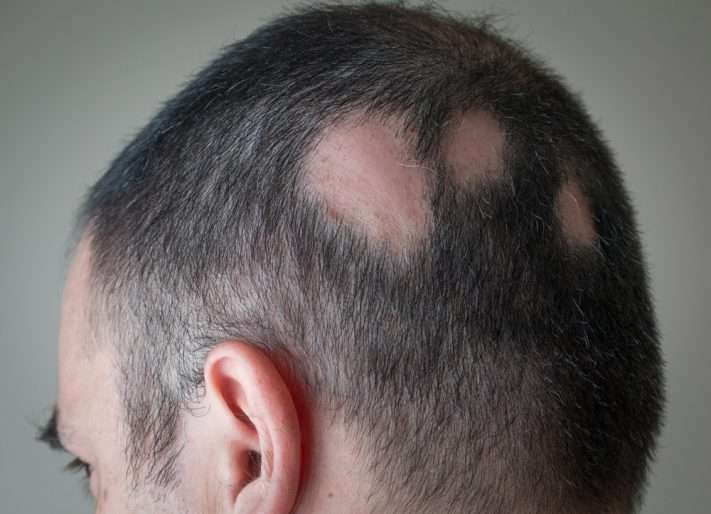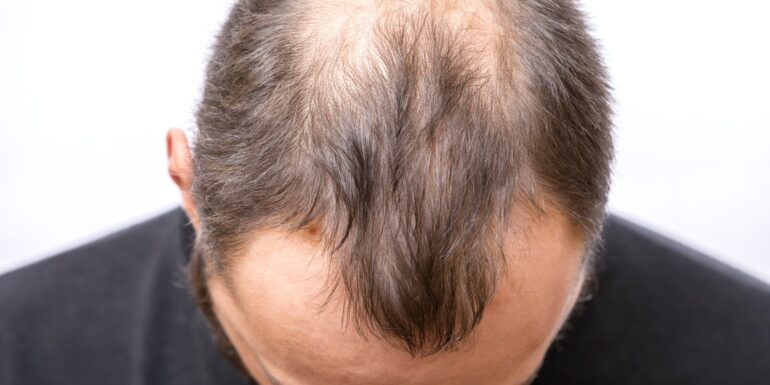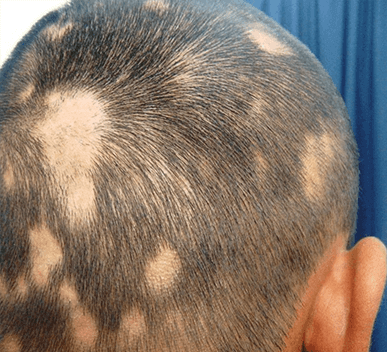Alopecia
Alopecia
Alopecia can affect your entire body or simply your scalp, and it can be temporary or permanent. It could be caused by inheritance, hormonal changes, medical issues, or simply ageing. Men are more likely than women to lose hair on their heads.
Baldness is a term that describes significant hair loss from the scalp. The most common cause of baldness is hereditary hair loss as people become older. Some people may rather leave their hair loss untreated and unnoticed. Hairstyles, cosmetics, caps, and scarves may be used to conceal it. Others choose one of the available treatments to prevent additional hair loss or to restore hair growth.
Consult our alopecia doctor about the cause of your hair loss before beginning therapy.
Symptoms
Hair loss can appear in many different ways, depending on what’s causing it. It can come on suddenly or gradually and affect just your scalp or your whole body.
Signs and symptoms of hair loss may include:
- Gradual thinning on top of head
- Circular or patchy bald spots
- Sudden loosening of hair
- Full-body hair loss.
- Patches of scaling that spread over the scalp
Diagnosis
Our alopecia doctor specialist in hair loss will likely conduct a physical examination and inquire about your nutrition, hair care routine, and medical and family history before establishing a diagnosis. You might also have tests like the ones below:
- Blood test.
- Pull test.
- Scalp biopsy.
- Light microscopy
Alopecia treatment
There are effective treatments for some types of hair loss. You might be able to stop or at least halt hair loss. Hair may recover without therapy in some circumstances, such as patchy hair loss (alopecia areata). Medications and surgery are used to treat hair loss.



Why should you visit us?
Our alopecia doctor is a specialist in hair loss treatment. Because he has a specialist degree in hair loss treatment, Dr Shivam is an expert on alopecia.
As a result, selecting us will be similar to selecting a specialist with his knowledge.
For booking an appointment visit our website.



